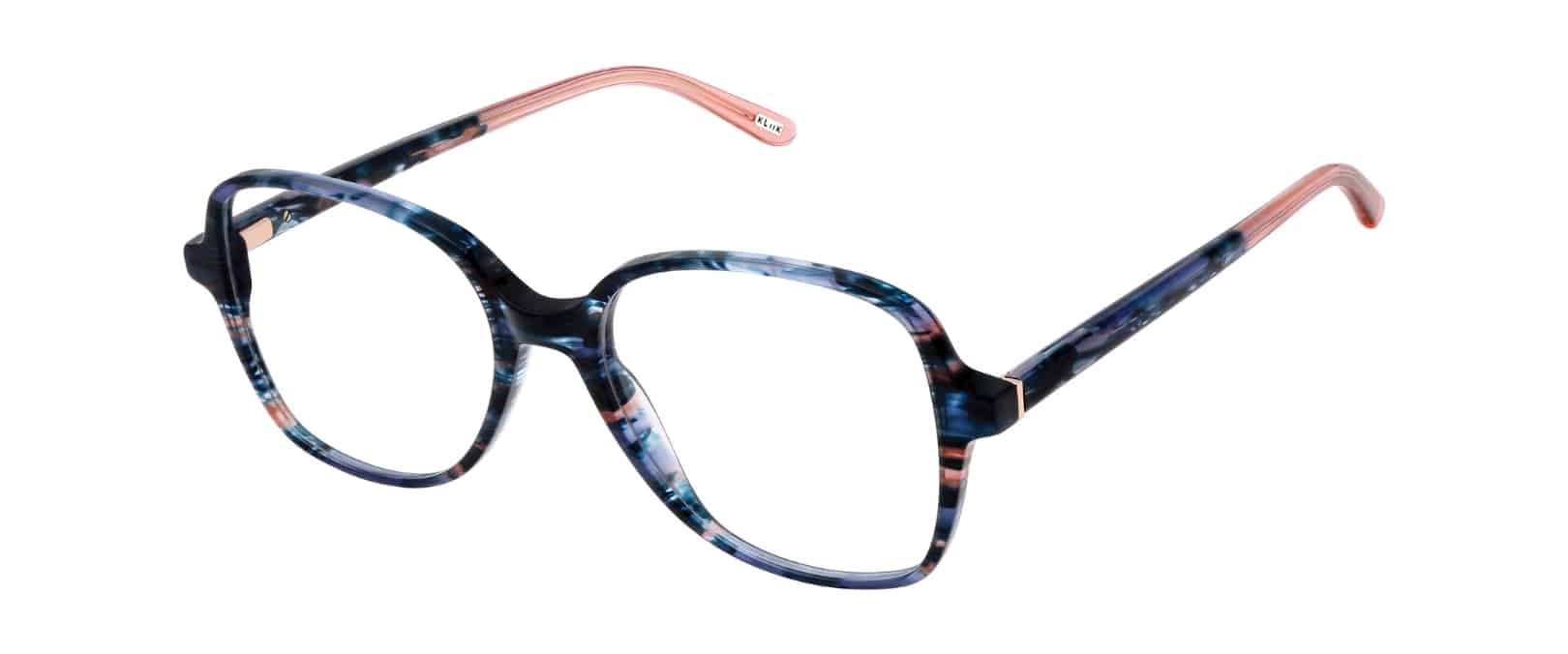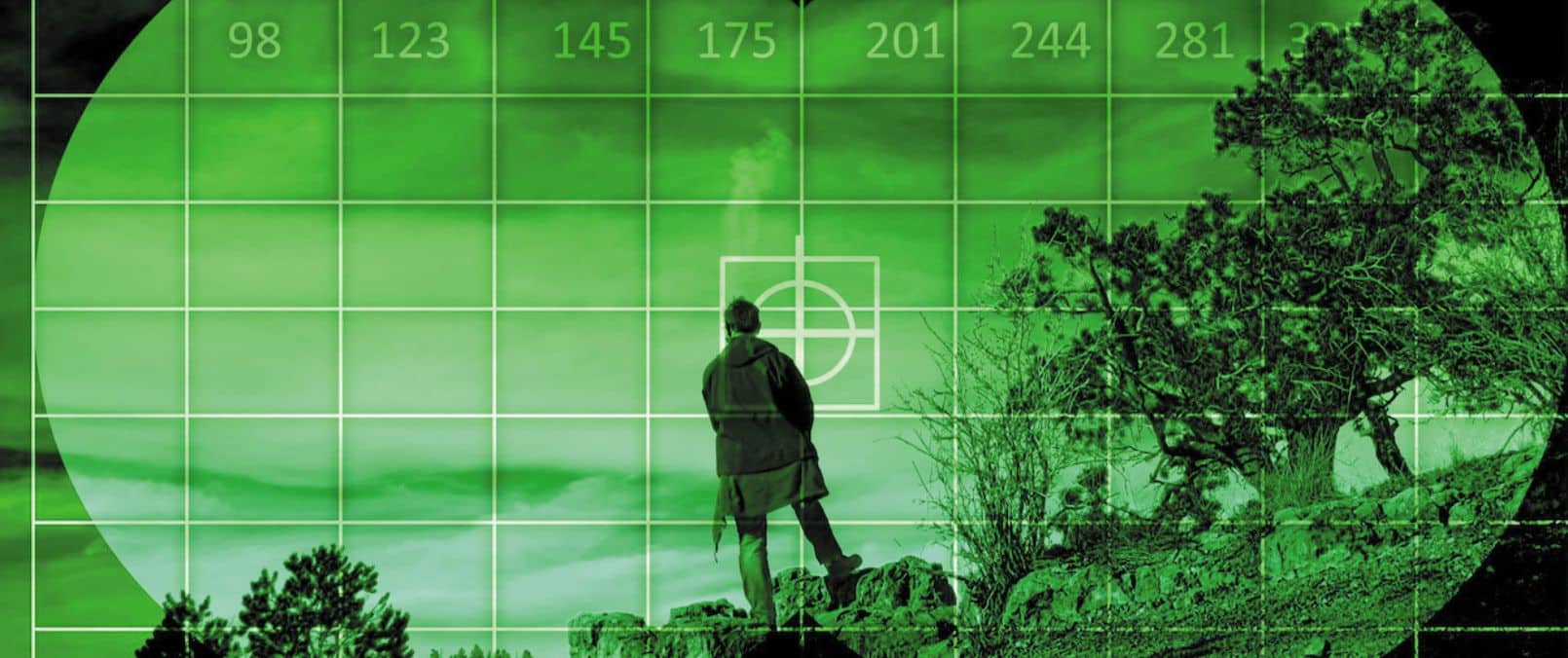Helping the blind see
Wednesday, August 14 2013 | 00 h 00 min | News
Israeli researchers are putting forward a new approach to restore sight to the blind without surgery or implants.
Many of the degenerative diseases of the outer retina are characterized by degeneration of photoreceptors, while other cells remain intact. Researchers at Technion University in Haifa, Israel, are attempting to use retinal ganglion cells as photoreceptors by making them sensitive to light with optogenetics. Optogenetics modifies the targeted neurons by making them express photosensitive ion channels normally found in photoreceptors.
Then all that needs to be done is to transmit visual information to these cells that they can interpret, since they do not have the multilayer network of cells that normally amplifies and preprocesses these signals for photoreceptors. To achieve this end, the researchers use holographic projections produced by eyeglasses equipped with miniature cameras that transmit the real-time image to holographic projectors mounted on the temples.
“Our approach is different and attempts to stimulate the surviving retinal cells without the need for direct implants onto the retina,” pointed out Professor Shy Shoham.
Source:







